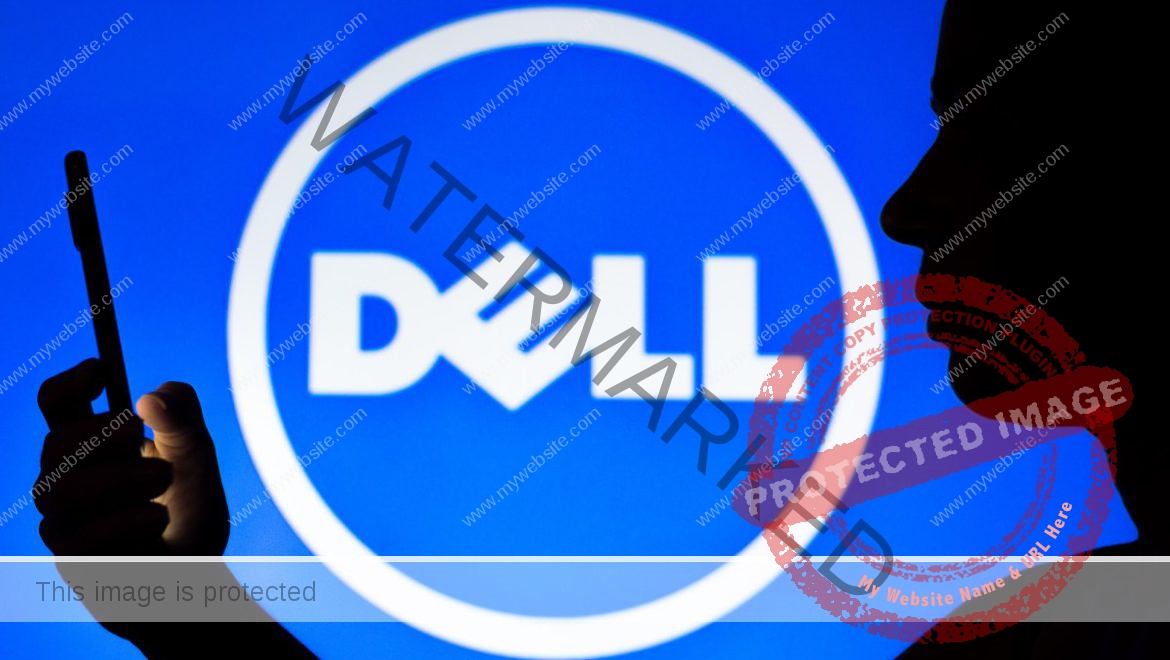Artificial intelligence continues to be a big threat, but it’s also a huge promise in the world of cybersecurity. Today, one of the startups tackling both the opportunity and the challenge is announcing a major round of funding. Cyera has built an AI-based platform to help organizations understand the location and movement of all the data in their networks — critical for taking the right steps to secure that data, whether to defend against cyberattacks or to keep it from inadvertently leaking into a large language model.
The company has raised $300 million in a Series C round that values it at $1.4 billion, TechCrunch has learned.
Growth rounds continue to be a major challenge for tech startups, so Cyera’s fundraise is notable not just for its size, but also because it nearly triples the company’s valuation in less than a year — it last raised a $100 million Series B in June 2023. This speaks to the company’s traction — it didn’t disclose numbers, but its customers include a number of giant multinationals — as well as its outlook on the market and how it’s addressing that.
TechCrunch and other outlets reported on this fundraise when it was still in the works, and today’s news confirms several of the details we uncovered, including the size of the round and the lead investor, Coatue, which is new to the startup’s cap table. Other new investors include Spark Capital, Georgian, and strategic backer AT&T Ventures.
AT&T is a noteworthy name here. In March, TechCrunch revealed that the multinational carrier had to initiate a mass reset of accounts after the details of 7.6 million current account holders, and more than 65 million former account holders, were dumped online due to a data breach that happened in 2019. Incidents like that are typical of what drives companies to sign up to companies like Cyera, sometimes ahead of any crisis, sometimes in order to prevent another crisis.
“You have no idea how many times a month I get a phone call from a CISO asking delicately for some time,” said Cyera CEO Yotam Segev in an interview. “‘I’ve got something going on,’ they say. ‘I need you. How fast can you guys scan my environment?’ It happens every time. And what we do is, we jump on it. We send a squad, we have them figure out what data was in scope. They sometimes don’t even know what data was breached.” (AT&T’s breach, it should be noted, took place before Cyera was founded.)
In a nutshell, Cyera has built a platform that takes a full assessment of an organization’s data, where it was created, and where it’s stored and where it’s being used.
That’s no small task in itself, since most organizations today work across hybrid environments with a variety of apps, devices, clouds and on-premises servers, with the total amount of data now being counted in tens of zetabytes and exponentially growing to hundreds of zetabytes in the next couple of years, analysts predict. That spaghetti of connections and activity has turned into a nightmare when it comes to auditing data.
Cyera is part of the general category of “posture management,” and there are dozens of others in the space, including big names like CrowdStrike, Zscaler, Wiz, Palo Alto Networks, and Fortinet. All of them will largely agree on why you need to have good posture management: It’s important to know what you have and where it is in order to take care of it. Cyera’s extra step is using AI to handle that process, and it looks at the next generation of enterprise applications and use cases, and the challenges they will pose for data posture management. In today’s world, that next generation is all about one thing: artificial intelligence.
“If you think about it, AI security is where the biggest gap is today for enterprises,” said Segev. “They just have no control over their data, and AI runs on data,” he said in reference to how large language models are built and subsequently work. “But if you don’t even know what data you have, where it lives, how many duplicates of it there are, and what’s the source of truth versus a copy from five years ago, then how are you supposed to actually go and leverage this technology to its full extent? When you think about the risks that AI produces for these companies, it’s all about losing their proprietary data.”
Segev and his co-founder, Tamar Bar-Ilan (CTO), both cut their teeth in the Israeli military, a training ground that puts engineers into real-world scenarios for testing out the most cutting-edge tech. What’s caught the eye of investors is that they have added a strong entrepreneurial layer (plus some charm and salesperson flair) to those learnings.
“We’re going to use this investment to continue to grow our offerings for the customers into the data security platform that they deserve and want,” Segev said. “They don’t want to stitch together 20 products in order to make this program a reality. They want to buy from one vendor.”
Previous backers Sequoia, Accel, Redpoint, and Cyberstarts all also participated in the Series C, and this brings the total raised by Cyera — headquartered in New York with roots in Israel — to $460 million in just three years.
Although Doug Leone is no longer an active partner at Sequoia, he remains a board member at select companies, including Cyera.
“The co-founders here are as good as any I’ve been in business with. They are clear outliers,” he said in an interview. “They had a vision of the increased need and awareness of the need that would hit us like an avalanche. Data is the crown jewel of any company.”
“The customer’s reactions to Cyera as a platform remind me of our early days at ServiceNow,” said David Schneider, general partner at Coatue Management, in a statement. “I am confident that Cyera will grow to become a key part of enterprise’s data security, which is so crucial with the advent of AI.”

















